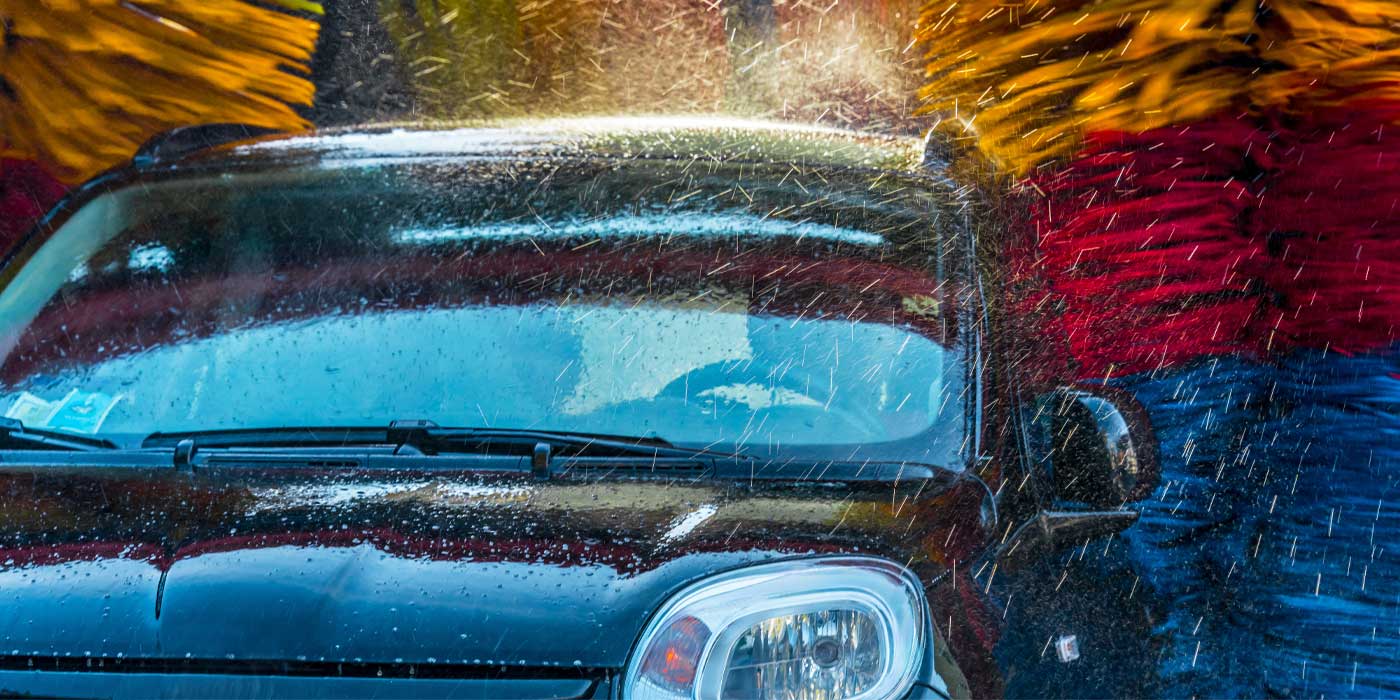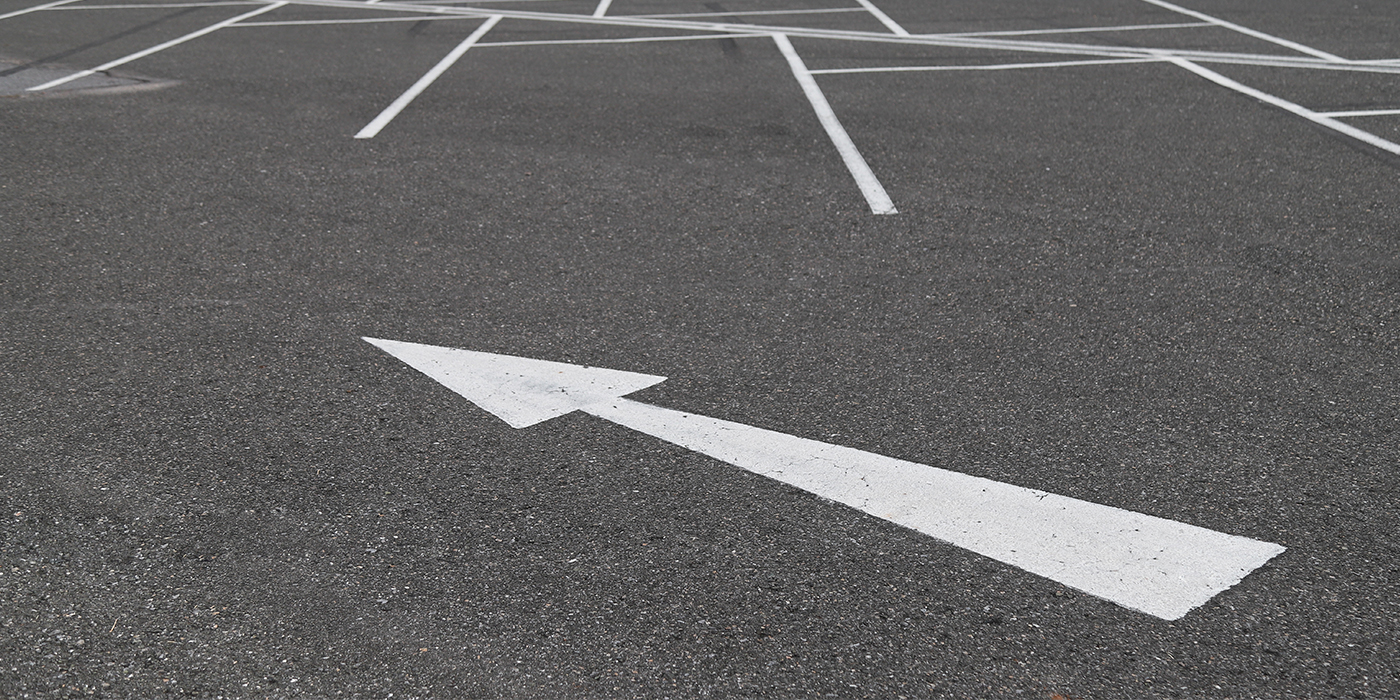Operating a car wash and detailing business is a financially rewarding enterprise, especially if you love cars.
You and your team will get to handle all types of vehicles, from the mundane minivan to the exotic supercar. You’ll also learn a lot about these cars, dealing with specific manufacturer issues by using your knowledge about cars and even a quick vehicle information check. Don’t worry though — you’re not in auto repair, and customers won’t expect you know everything.
When you make a name for yourself in auto detailing, you’ll have plenty of new and repeat customers. However, washing a car entails the use of water. Detailing shops also use chemicals and cleaning agents that get washed down the sewers. Carwash businesses also have employees who handle these chemicals, which is why legislators decided to regulate the industry.
The need for carwash regulations
Part of the car wash and detailing process involves certain chemicals and the use of water. As you all know, despite being a renewable resource, the world is facing a water shortage. The CDC estimates that about 780 million people don’t have access to a clean water source. As the global population continues to grow, the strain on the planet’s resources grows with it.
Carwash regulations are primarily for environmental protection and occupational safety for workers. Two agencies regulate carwash and auto detailing businesses in the U.S.:
- The Environmental Protection Agency (EPA) handles all matters about the environment.
- The Occupational Safety and Health Administration (OSHA) takes care of workplace safety standards. OSHA is part of the Department of Labor.
Environmental awareness campaigns
Federal and state governments launched educational campaigns aimed at car owners and detailers. The goal is to make people aware of the environmental implications when washing a car. The EPA prefers that car owners use professional detailing services over a home do-it-yourself (DIY) cleaning job. The agency sites several reasons for advocating the use of cleaning experts:
- DIY carwashing uses up a minimum of 40 gallons of water per wash, causing a significant drain on the community water supply.
- Excessive water use is an issue, especially in places that experience droughts and those that rely on aquatic resources for livelihood.
- All the soapy and dirty water flows into the sewers and storm drain systems without getting treated. Failing to neutralize the chemicals and contaminants in the water can pollute rivers and streams.
- The runoff that flows into other bodies of water can harm and even kill aquatic life.
Carwash regulations
If you’re planning to open your own carwash business, you must follow specific regulations and restrictions. Zoning permits and regulations on water runoff vary for each state or county, but all share the same basic principle. It all depends on the strict enforcement of the EPA’s Clean Water Act of 1972 and how much you care about the planet and other people. The EPA groups pollutants into three categories:
- Nonconventional: chlorine, nitrogen and phosphorus, among others
- Conventional: grease and oil
- Toxic: metals and human-made organic compounds.
Several of the pollutants identified here, such as phosphorous, are present in many auto detailing products. Vehicles have oil and grease that wash off with water during cleaning. These reasons make it essential to be extra cautious of where your dirty water goes. The fines vary for each state, from a few hundred dollars to upwards of $1,000 or more.
For instance, in Medford, Oregon, it’s a crime to wash your car and let the runoff seep into the storm drain. The fine is $1,000. In California, you can get fined $500 for wasting water washing your car. The state of New York has a “Car Wash Accountability Act” that auto-detailing businesses need to follow.
OSHA 101
In any business, safety should be the number one priority. A carwash/auto detailing shop environment is a magnet for accidents if safety standards are not enforced. An accident is terrible press and could ruin your hard-earned reputation in the industry. With your employees and customers in mind, it’s important to follow OSHA guidelines on carwash safety standards.
Before we touch on that topic, let’s review what OSHA is and why it’s part of the regulating body. The United States Congress created the Occupational Safety and Health Act of 1970 to:
- Assure safe and healthful working conditions for working men and women
- Authorize enforcement of the standards developed under the act by assisting and encouraging the states in their efforts to assure safe and healthful working conditions
- Provide research, information, education and training in the field of occupational safety and health, and for other purposes.
The OSHA website provides compliance standards and safety information for all industries.
OSHA standards and your carwash business
After familiarizing yourself with general OSHA industry standards, it’s time to perform a safety audit. Carwash and detailing business owners should watch out for:
- Wax, chemical solutions, cleaning agents and slippery soap that has accumulated on the floor. Puddles of any kind can cause employees to trip, slip and fall, causing injuries.
- Equipment, tools, angles and structures that impair a worker’s line of sight. When an employee can’t see what’s coming around a corner or behind a machine, he or she may get into an accident.
- Loose or exposed electrical wires that can trip people or cause electrocution. Electrical fixtures located in wet areas need approval.
Failure to follow OSHA’s standards will result in a citation. Common citations include:
- Scaffolding
- Ladders
- Machines
- Powered industrial trucks
- Hazard communication
- Respiratory protection
- Fall protection
- Electrical systems design
- Electrical wiring methods, components, and equipment
- Control of hazardous energy (lockout/tagout).
Professional carwashes and detailers have a responsibility, not only to their employees, but also to the environment. The industry is highly regulated, and agencies that handle the rules are not fooling around. Fines for breaking the law and not following safety standards are stiff and can put a dent in your finances.
Patrick Peterson is a writer/editor at AutoDetective. Born and raised in the automotive world, he’s a passionate writer who crafts exquisite content pieces about everything related to cars and bikes.














